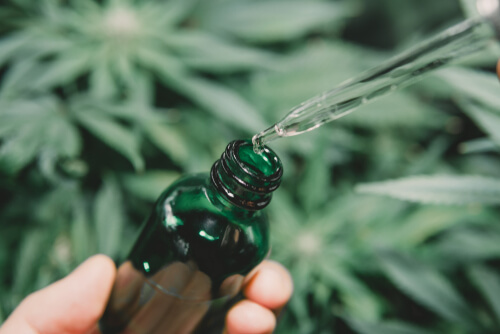
Health authorities are yet to approve the use of CBD for opioid withdrawal syndrome. A cannabidiol product is likely to have side effects too. However, many regard CBD as a potential opioid withdrawal syndrome treatment option. Read on to know more about CBD and opioid withdrawal syndrome.
Can CBD Still Work For Opioid Withdrawal?
A person who has been consuming opioids consistently over time before stopping the use of opioids abruptly is likely to face withdrawal symptoms. It is the case whether or not they use opioids to cope with pain or any other health concern. The symptoms are potentially debilitating and are usually at their most intense level over the first few weeks. That said, the symptoms may persist for months. Inadequate treatment of the opioid withdrawal issue can contribute to poor health outcomes. For instance, it may cause unsafe opioid consumption and overdose.
Benefits Of Cannabidiol As Compared With Alternative Treatment Options
As per research in 2018, the effects of cannabidiol on opioid withdrawal-related symptoms and pain are potentially beneficial, as an addition or an alternative to existing treatment.
Pain Relief
Cannabidiol and other cannabis compounds have potent analgesic properties. A person who consumes opioids to cope with chronic pain is likely to reduce their opioid consumption by up to 60% with cannabis. A person who does so can have fewer cannabis side effects as compared to opioids, so this is a potential benefit.
If you avoid higher doses, it could contribute to safer opioid use. The said doses are likelier to induce respiratory depression, overdose, and other negative consequences.
Opioid Withdrawal Symptom Reduction
Medications for opioid use disorder, like methadone, buprenorphine-naloxone, and buprenorphine, aid in reducing the said symptoms. However, OUD-related stigma can keep individuals from using services for addiction treatment. These introduce logistical and legal challenges to getting the medications.
Some OUD medications reduce the symptoms, but it is still challenging to get through that stage of medical treatment. These factors and other elements might make a person pursue other treatment options.
Research on the efficacy of cannabis in treating opioid withdrawal syndrome is not consistent enough. However, studies focusing on cannabidiol for that purpose indicate that it aids in easing cravings and limiting the rewarding impact of various medications that can induce substance use disorder.
Moreover, 400 milligrams or 800 milligrams of oral cannabidiol appear tolerable and safe. Recent research did not find any intensified opioid fentanyl effects as researchers tested it with cannabidiol.

